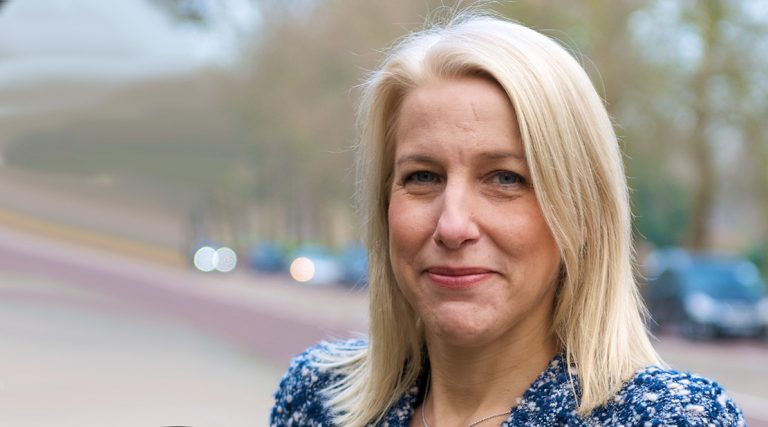Look here: Deaf chef Scott cooks up business breakfast for Deaf Awareness Week
Progeny appoints UK MD as part of restructure
North south divide becomes entrenched for business, says BCC
Wright Vigar names joint Managing Directors
Government plans changes to business rates system
Lincolnshire LEP names new Chair of the Board
University of Lincoln Vice Chancellor Neal Juster has been named as the new Chair of the Board of Governors of the Greater Lincolnshire Local Enterprise Partnership.
- Liam Scully, CEO of Lincoln City FC
- Shaun Povey, Head of Strategic Planning & Projects at Siemens Energy
- Nikki Cooke, CEO of LIVES
- Mark Webb, CEO of Grimsby-based business support group E-Factor
Kingswood Allotts appoints new chief executive
Siemens to install solar array at University of York as part of £1.5m scheme
Farmers could benefit from changed rules on camping and solar canopies
Britain needs a more flexible route for EU sub-contractors, says Bridlington firm
Recommendations by the Construction Leadership Council intended to help businesses access the points-based immigration system will do little or nothing to address the industry’s skills shortage, says Bridlington-based Hudson Contract.
Hudson Contract MD Ian Anfield says the government intervention requested by the CLC will do little to solve the problem. “It has let the government off the hook by adding a few more builders to the shortage occupation list. The list means nothing to most employers or the skilled EU subbies they would like to be able to use.
“Most construction work in the UK is carried out by smaller specialist subcontractors which do not have the resources or the security of workflow to overcome the cost, risk and bureaucracy of the points-based immigration system. Becoming a sponsor, recruiting PAYE employees from abroad and monitoring those employees to make sure they comply with their visas is a non-starter.
“Moving specific trades from the skilled worker list to the shortage of occupation list does nothing apart from drop the minimum rate of pay an employer can offer from £25k to £20k. But given skilled EU operatives can earn double that, the figures are meaningless.
“The danger here is that as well as letting the government off the hook, this move could encourage the use of cheap exploited migrant workers from further afield – and that would be no good for anyone.
“Our clients tell us they want easy access to the highly skilled self-employed EU workforce they had before.
“We would urge the government to use CIS as the tool to reopen this labour market for them.
“Despite what some believe, CIS is not compatible with the current points-based immigration system: the choice is PAYE with all its cost and complexity or nothing. A new higher CIS deduction rate could be applied to overseas workers to ensure compliance with visas. Temporary skilled workers could be overtaxed with returns paid when they leave.”












